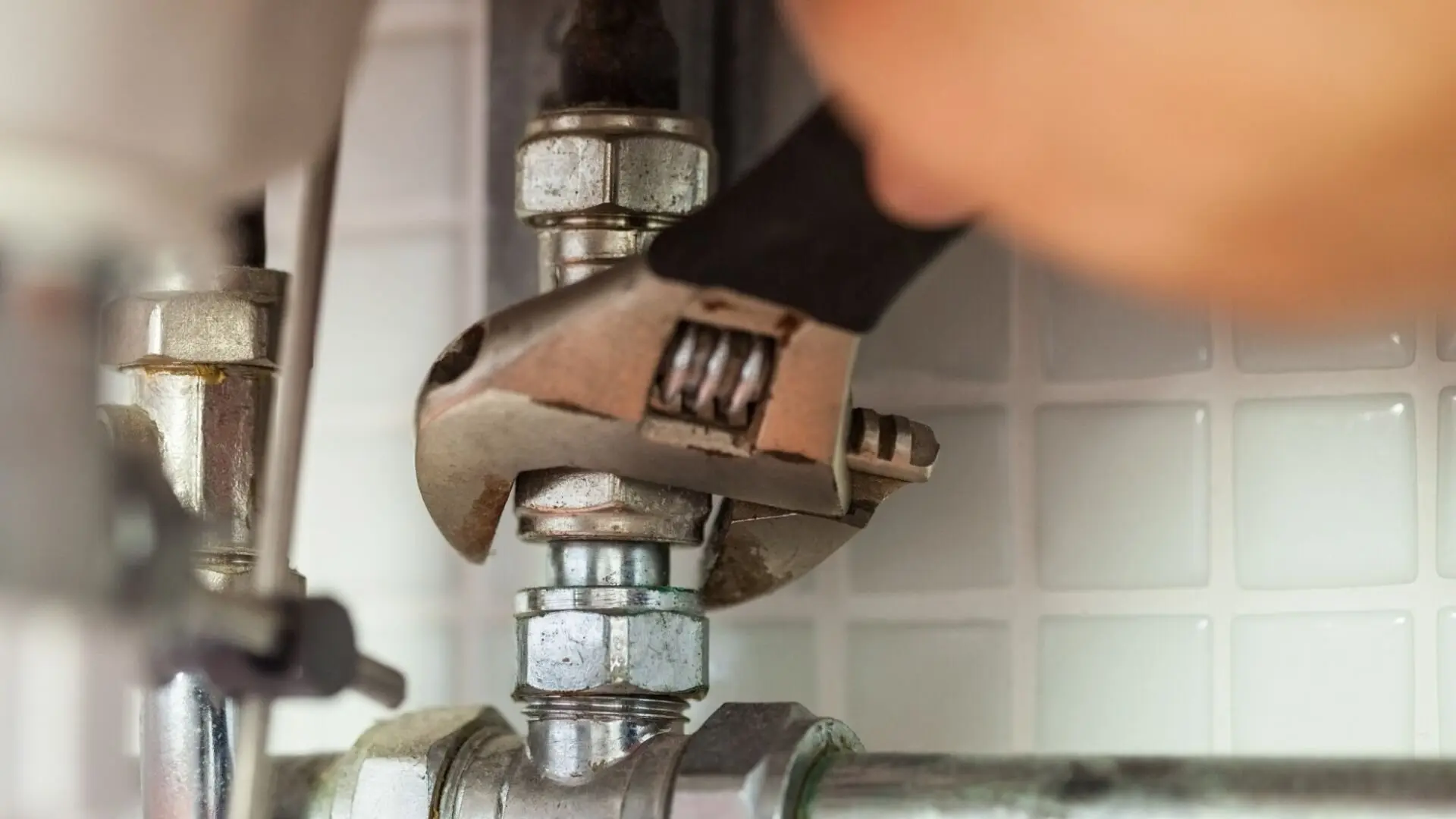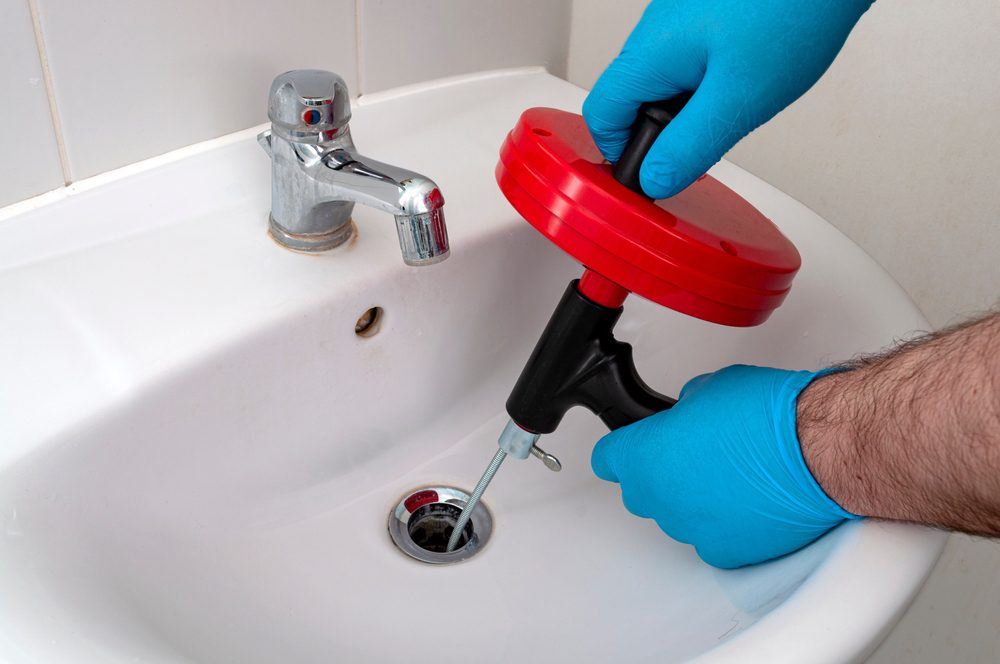Important Bathroom Plumbing Guidelines for First-Time Buyers
Important Bathroom Plumbing Guidelines for First-Time Buyers
Blog Article
What are your thoughts and feelings about 11 Must-Read Tips for Plumbing a New House?

For new homeowners, understanding and maintaining bathroom plumbing can conserve both time and money by preventing pricey problems down the line. Below are some vital washroom pipes tips to help you keep every little thing running efficiently.
Familiarize Yourself with the Main Shut-Off Valve
Understanding where the major water shut-off valve lies in your house is critical. This permits you to swiftly switch off the water system in case of significant leakages or throughout pipes emergency situations, avoiding substantial water damages.
Routinely Check for Leaks
Small leaks can result in large issues. Routinely examine under sinks, around toilets, and near pipes components for any type of indications of leaks. Search for moisture, small drips, or rust. Capturing and fixing leakages early can stop extra significant damages and save water.
Don't Neglect Slow Drains
If your sink or tub is draining gradually, it's often an indicator of an obstruction creating. Addressing this early can prevent a total clog. Use a bettor or a plumber's serpent to remove particles. Prevent utilizing chemical drainpipe cleaners as they can harm your pipelines with time.
Know What Not to Flush
Commodes are not garbage disposals. Avoid flushing anything apart from bathroom tissue and human waste. Items like wipes, feminine health items, and cotton bud ought to be disposed of in the trash to avoid blockages and drain backups.
Install Strainers in Drains
Location filters in your sink and bathtub drains pipes to catch hair and other particles before they enter your pipes system. Cleaning the filters frequently will aid avoid build-up and maintain water moving openly.
Preserve Your Water Heater
Ensure your water heater is readied to an appropriate temperature level (usually around 120 levels Fahrenheit) to stop hot and lower energy usage. Flush the storage tank yearly to remove debris build-up, which can minimize the efficiency and life expectancy of your heating system.
Upgrade Your Fixtures
If your home has older components, consider upgrading to extra effective versions. Modern commodes, showerheads, and faucets are created to make use of less water while offering good pressure, which can dramatically decrease your water costs and ecological impact.
Beware with DIY Pipes Services
While it's appealing to take care of all home fixings on your own, beware with pipes. Some issues might need specialist competence, specifically if they entail main water lines or sewer repair work. Employing an expert can often be extra economical than do it yourself, specifically if it prevents further damage.
Prepare for Cold Weather
Safeguard your pipes from freezing throughout winter by shielding pipelines in unheated locations like cellars, attics, and garages. During extreme chilly, let cold water drip from faucets served by exposed pipes to aid protect against cold.
Set Up Normal Upkeep
Think about scheduling annual inspections with a licensed plumbing. They can find issues that you might miss out on, such as surprise leaks or wear and tear on pipes and fixtures. Normal upkeep helps extend the life of your plumbing system and can avoid emergency situations.
Final thought
Comprehending and maintaining your home's bathroom pipes can stop lots of typical concerns. By adhering to these necessary ideas, you can ensure your shower room stays functional and reliable, conserving you time and money in the future.
Essential Plumbing Tips for Homeowners: Keep Your Pipes Flowing Smoothly
As a homeowner, understanding the basics of your plumbing system can save you time, money, and a lot of headaches. Plumbing issues can range from minor annoyances like dripping faucets to major problems like burst pipes that cause significant damage. This guide provides essential tips to help you maintain your plumbing system and tackle common issues.
Understanding Your Plumbing System
Supply System: Brings fresh water into your home from a municipal source or a well. Drain-Waste-Vent System: Removes wastewater and vents sewer gases outside. Fixtures and Appliances: Includes sinks, toilets, showers, dishwashers, and washing machines. Basic Maintenance Tips
Regular Inspections: Periodically check for leaks, corrosion, and other signs of wear and tear. Look under sinks, around toilets, and near water heaters. Know Your Main Shut-Off Valve: In case of a major leak, you’ll need to shut off the water quickly. Ensure everyone in your household knows where the main shut-off valve is located. Prevent Frozen Pipes: In cold climates, insulate exposed pipes and let faucets drip during extreme cold to prevent freezing. Use Strainers: Install strainers in sinks and tubs to catch hair, food particles, and other debris that can cause clogs. Common Plumbing Issues and Solutions
Clogged Drains:
Prevention: Avoid pouring grease down the drain and use drain screens to catch debris. DIY Fix: Use a plunger or a plumbing snake to clear minor clogs. For stubborn clogs, a mixture of baking soda and vinegar can sometimes help. Leaky Faucets:
Prevention: Replace washers and seals regularly. DIY Fix: Turn off the water supply, disassemble the faucet, and replace worn parts.

Set An Appointment Report this page